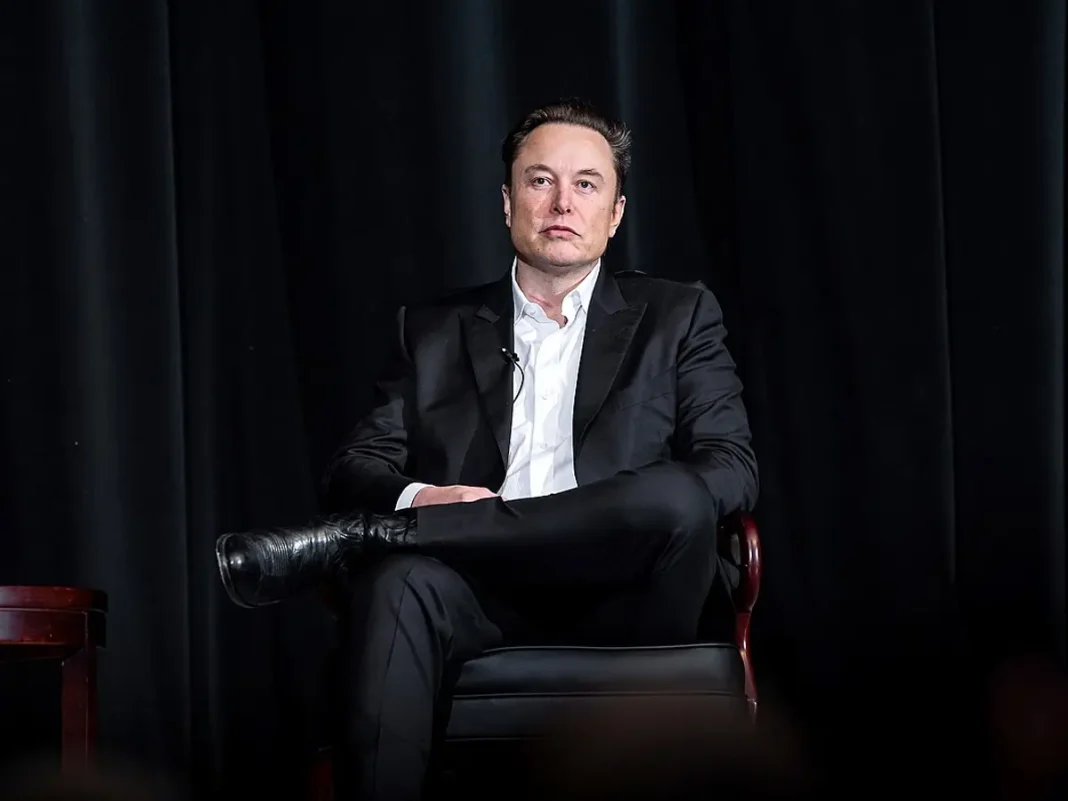Key Takeaways
- Elon Musk accuses OpenAI of being “built on a lie” and misusing its nonprofit status
- New allegations claim OpenAI used intimidation tactics against AI regulation advocates
- Former board member Helen Toner alleges “dishonesty and intimidation tactics” in company policy work
Elon Musk has intensified his criticism of OpenAI, labeling the AI company “built on a lie” amid fresh controversy over its alleged intimidation tactics against regulation advocates. The Tesla CEO’s comments follow revelations from a former board member and new claims about aggressive legal tactics.
Musk Responds to Former Board Member Allegations
Musk’s latest criticism emerged on X in response to Helen Toner, a former OpenAI board member who accused the company of using “dishonesty and intimidation tactics” in its policy work. When users questioned OpenAI’s nonprofit status, Musk responded bluntly:
“They stole a charity and used it for their own financial gain.”
Subpoena Served During Dinner Sparks Outrage
The controversy escalated with allegations from Nathan Calvin, a lawyer at AI policy nonprofit Encode AI. He claims OpenAI sent a sheriff’s deputy to his home during dinner to serve a subpoena demanding private communications about California’s new AI transparency law (SB 53).
Calvin described the incident on X: “One Tuesday night, as my wife and I sat down for dinner, a sheriff’s deputy knocked on the door to serve me a subpoena from OpenAI.” He characterized the move as intimidation against company critics.
Legal Battle Background
OpenAI hasn’t commented on the specific allegation, but the subpoena appears connected to its ongoing legal dispute with Musk. The Tesla CEO sued OpenAI earlier this year, accusing it of abandoning its original nonprofit mission. OpenAI countersued, claiming Musk was using legal pressure to hinder its progress.
From Nonprofit to For-Profit Controversy
Founded in 2015 as a nonprofit dedicated to developing artificial general intelligence (AGI) for humanity’s benefit, OpenAI created a for-profit subsidiary in 2019 to attract funding. The company later secured massive partnerships, including a reported $100 billion investment from Nvidia and potential warrants for 160 million AMD shares.
Despite announcing it would maintain nonprofit oversight and convert its commercial arm to a public benefit corporation, critics argue its growing profits and private deals contradict its founding principles.
Broader AI Ethics Debate Intensifies
The Musk-OpenAI conflict reflects a wider industry struggle between profit-driven AI development and public accountability. As AI systems grow more powerful, experts emphasize that governance, transparency, and ethical oversight must keep pace.
Major AI companies including OpenAI, Google, Microsoft, and Anthropic face increasing regulatory scrutiny over safety, bias, and data transparency issues. With governments worldwide pushing for clearer AI laws, Musk continues positioning himself as a vocal critic of what he calls “irresponsible AI expansion.”





